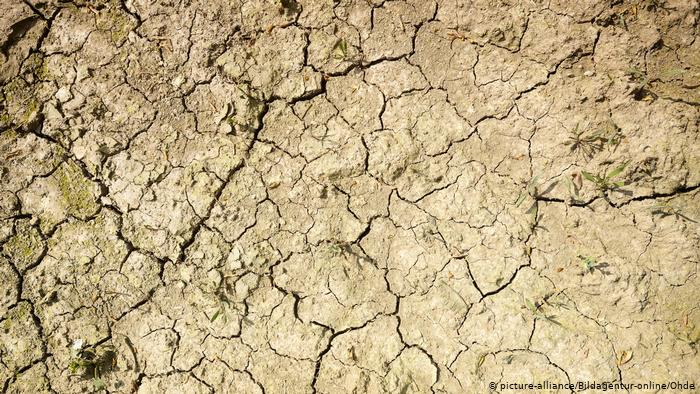In 2019, we’re pushing our planet to the max
Yesterday marked Earth Overshoot Day – the day that humanity has used up the Earth’s ecological budget for the year. It’s the date that our ecological footprint – how much we demand from nature – exceeds what the planet can regenerate for an entire year.
Think of it as a global eco bank account – for the first seven months of the year the population is using its ‘regular’ salary, but Overshoot Day marks when all the ‘money’ is used up, causing us to dip into our savings, racking up debts that cannot be repaid.
Why do we calculate it?
Overshoot Day is worked out so that we can chart how sustainably we’re living, and it is done so by comparing our ecological footprint to our biocapacity – the amount of biologically productive areas available to produce the resources we need, like crop and grazing areas. Currently we are using 1.7 Earth’s each year.
Yesterday, July 29th 2019, we were 209 calendar days into the year, and we used up all of the resources the Earth could regenerate in 365 days. To save our planet, we must move the date so that it lands later in the year.
If we are able to move the date back by 4.5 days each year, we will be able to live sustainably by 2050.
There are lots of ways we can work to move Overshoot Day, but there are four key areas which are critical to this happening, to avert the impending crisis: food, energy, cities and population.
Food
1.3 billion tonnes of the food produced worldwide is wasted each year – that’s one third of wastage. If food waste was halved, the Overshoot date would be moved back by 38 days.
Energy
If the carbon component (60 per cent of the budget) of the planet’s ecological footprint was halved, Overshoot Day would be moved back by 93 days, and we would only be using 1.2 Earth’s a year, rather than 1.7.
Cities
By 2050, it is estimated that 70-80 per cent of the world’s population will live in urban areas, so cities will determine whether the global campaign for sustainability will be won or lost.
We must implement smart city planning strategies, like compact cities, energy efficient buildings and integrated zoning. We will also need to look at transport, working to reduce emissions.
Population
The United Nations (UN) has estimated that at the current rate of population increase, the world will be home to 9.7 billion people by 2050. They also calculated that where would be one billion fewer people in the world was half-a-child smaller.
Reducing the average family size would move Overshoot Day back by one month by 2050, and by 2100 there would be a 50 per cent increase in biocapacity.
To calculate your own Overshoot Day, head to footprintcalculator.org
The post Earliest Earth Overshoot Day Yet appeared first on Vegan Life Magazine.
